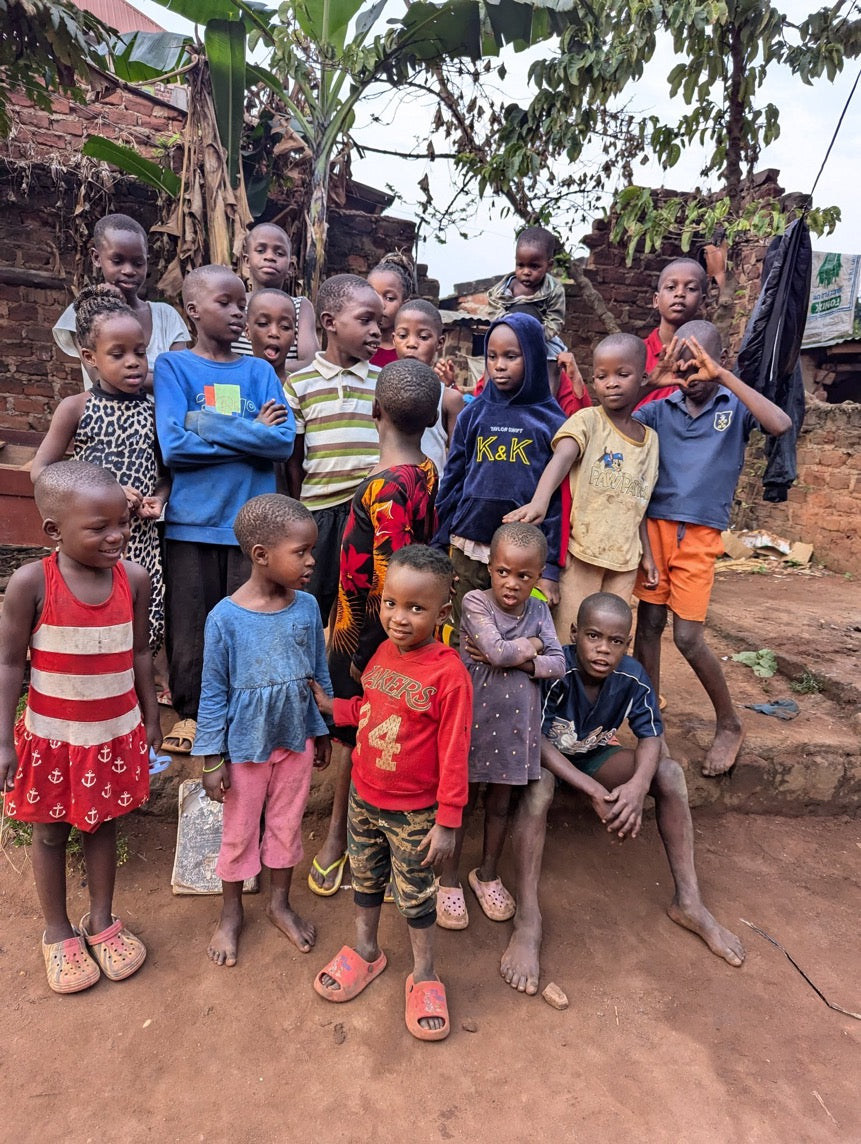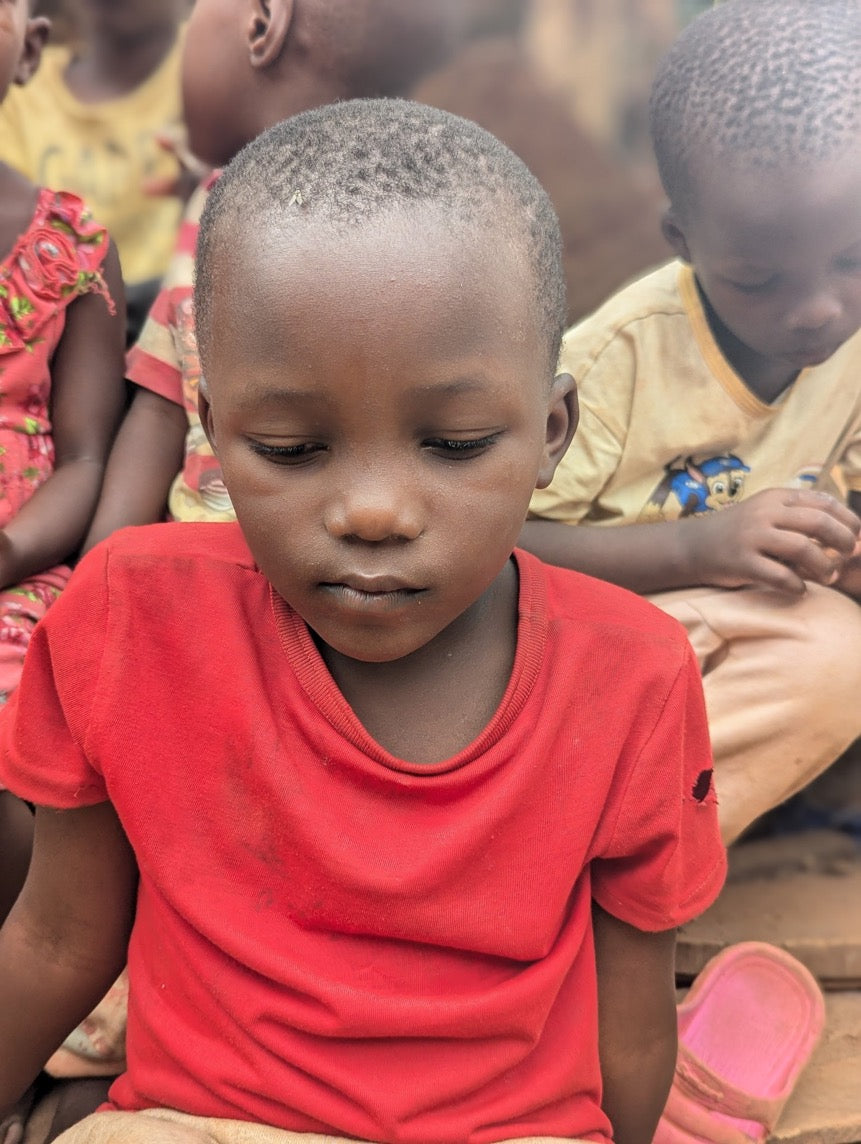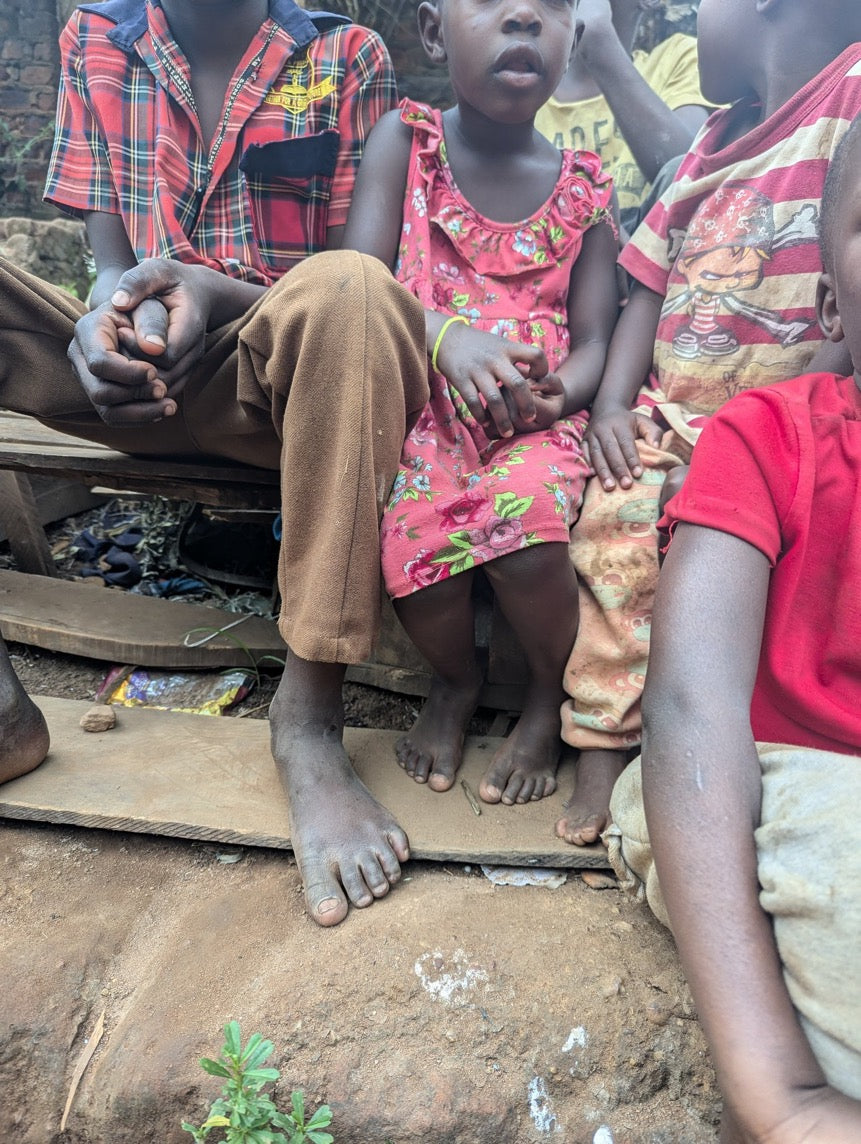A Nation Held Hostage: The Struggle for Dignity and Justice in The Gambia’s War with Corruption
Noah’s ArkIn the heart of West Africa, nestled along the banks of the River Gambia, lies a nation that has witnessed the rising of its golden shores yet remains ensnared in the shadows of pervasive corruption.
The Gambia, with its rich cultural heritage and untapped potential, has become a land where hope is often a fleeting visitor, swept away by the oppressive forces of corruption at every turn.
To understand the depth of this struggle, one must look beyond the surface and delve into the tangled web of economic, political, and social systems that have long been held captive by those in power.
Here, corruption is not a mere byproduct of poor governance; it is the very lifeblood of the nation’s political machinery, deeply embedded in the foundations of society.
A Legacy of Exploitation
The origins of corruption in The Gambia trace back to its colonial past, when British rulers established a system designed to serve the interests of empire, not the people.
The institutions that were built during this era were not designed to foster democracy or accountability but to maintain control and suppress the will of the Gambian populace. The aftermath of this colonial system left a legacy of mistrust in governance, one that has continued to fester long after independence was achieved.
However, the real turning point in the modern narrative of Gambian corruption began after independence, where successive governments; though elected; have continued to perpetuate the same corrupt structures that were set in place during colonial rule.
The independence that was supposed to signal a new era of self-determination became an illusion, with political leaders more interested in consolidating personal wealth and power than in serving the public good.
The Political Class: A Cartel of Power
At the heart of this ongoing crisis is a political elite, a small yet powerful group of individuals who operate above the law, using their positions to siphon off state resources for personal gain.
The Gambian government, which has experienced several periods of autocratic rule, particularly under the former regime of Yahya Jammeh, has fostered a system where loyalty to the ruling class trumps national interest.
Whether it’s the allocation of government contracts, the awarding of tenders, or even the distribution of aid, corruption has been deeply woven into the fabric of governance.
The presence of a kleptocratic elite is felt in every facet of public service. Key government positions are awarded not on merit but on patronage, where political loyalty ensures access to lucrative deals and perks.
Ministers, lawmakers, and other high-ranking officials engage in blatant embezzlement, kickbacks, and bribery, all the while maintaining an air of impunity. For many, securing political power is not an act of service but an opportunity for enrichment.
The Economy: Stifled by Corruption
In the economic realm, The Gambia’s potential has been similarly stifled by corruption. The country’s agricultural sector, which could be the engine of economic growth, is strangled by a corrupt network that demands bribes at every level of production, distribution, and trade.
Farmers, who struggle to make a living from the land, find themselves forced to pay bribes to local officials and middlemen just to transport their goods to market. By the time their crops reach consumers, the farmers are left with a fraction of their original profit.
Small businesses in The Gambia are similarly affected by the pervasive culture of corruption. Entrepreneurs who wish to start or grow their businesses must navigate a labyrinth of bureaucratic red tape, where every permit, license, and regulatory hurdle comes at a price.
Bribes and kickbacks are the cost of doing business, and many entrepreneurs find themselves financially crippled or forced into ethical compromise just to stay afloat.
Even the tourism industry, one of the country’s primary sources of revenue, suffers under the weight of corruption.
Local government officials and law enforcement officers extort tourists, demanding bribes for basic services or simply to avoid harassment.
This creates a hostile environment for potential investors and visitors, who are turned away by the perception of corruption and instability.
The Education System: A Corrupt Barrier to Progress
Perhaps no institution in The Gambia highlights the devastating effects of corruption more than the education system.
Once a beacon of hope for future generations, the country’s schools have become microcosms of a broader societal malaise, where merit is no longer the path to success.
Instead, success is determined by one’s ability to pay bribes, secure connections, or offer favors in exchange for grades, scholarships, or even access to classrooms.
The shortage of resources in public schools is exacerbated by corrupt practices at the top. Education funds meant for school infrastructure, teaching materials, and salaries are often siphoned off, leaving students without adequate classrooms, textbooks, or qualified teachers.
As a result, the youth of The Gambia are forced to contend with substandard education that leaves them ill-prepared to face the challenges of the future.
For those seeking higher education, the situation is even more dire. Admissions to universities are frequently influenced by personal connections and financial payments rather than academic achievement.
Many students find that their dreams of higher learning are dashed by the realization that their academic qualifications are secondary to their ability to bribe their way into a university.
The Health Sector: A Sinking Lifeline
The Gambian health sector, which should be a lifeline for its citizens, is similarly plagued by corruption.
Healthcare services, once an essential right, have been reduced to a privilege for those who can afford to navigate the corrupt system.
Hospitals and clinics, underfunded and poorly equipped, have become breeding grounds for bribery and exploitation.
Medical supplies meant for public health centers are often sold on the black market, leaving hospitals without the most basic necessities, such as essential medications and medical equipment.
In the midst of this, patients suffer and die unnecessarily due to the incompetence and corruption of the system.
Those who cannot afford to pay the bribes or provide favors are often left without treatment, exacerbating the inequalities that already exist within the system.
The widespread practice of under-the-table payments and the lack of oversight create an environment where public health is a secondary concern, overshadowed by personal profit.
The Social Impact: A Nation in Despair
The toll of corruption on the Gambian populace is far-reaching, extending beyond the economic and political sectors to the very fabric of society.
Citizens, weary of a system that offers no justice, have lost faith in the institutions that are meant to serve them.
The psychological impact on the youth is especially profound, as many young Gambians see no path forward in a system where success is often determined by one’s ability to navigate corruption rather than by merit, hard work, or integrity.
This systemic failure to provide opportunity breeds a sense of despair, where the dream of a better future is replaced by the grim reality of survival.
For many, the only way to escape the grasp of corruption is to leave the country altogether, seeking a better life abroad.
But even this escape is not guaranteed, as the corrupt networks that govern The Gambia’s borders ensure that those seeking to leave are often forced to pay extortionate fees or face delays and harassment.
The Call for Change
The fight against corruption in The Gambia is not merely a political struggle; it is a fight for dignity, justice, and hope.
It is a battle to reclaim the future of a nation that has been held hostage by a small but powerful elite.
The recent calls for reform, protests, and demands for accountability reflect the collective yearning of the Gambian people for a better life, one free from the pervasive grip of corruption.
Yet, the road to reform is long and fraught with challenges.
The political will to combat corruption has often been lacking, and those in power have demonstrated little interest in dismantling the very system that sustains their wealth and influence.
However, the Gambian people have shown resilience in their pursuit of change, and the hope for a brighter future remains alive, despite the overwhelming odds.
The struggle for The Gambia’s soul is ongoing, and it is a fight that will ultimately determine whether the nation can break free from the chains of corruption and build a society that is truly just and equitable for all its people.











